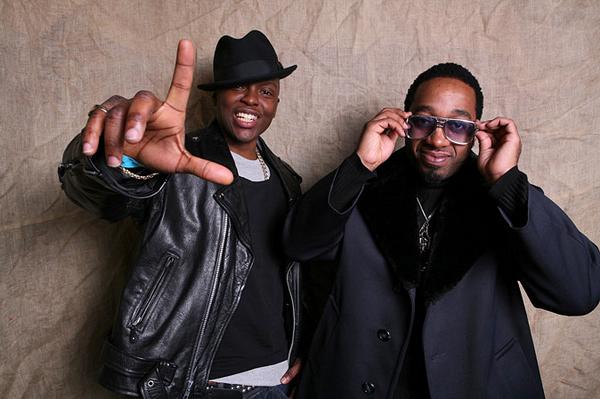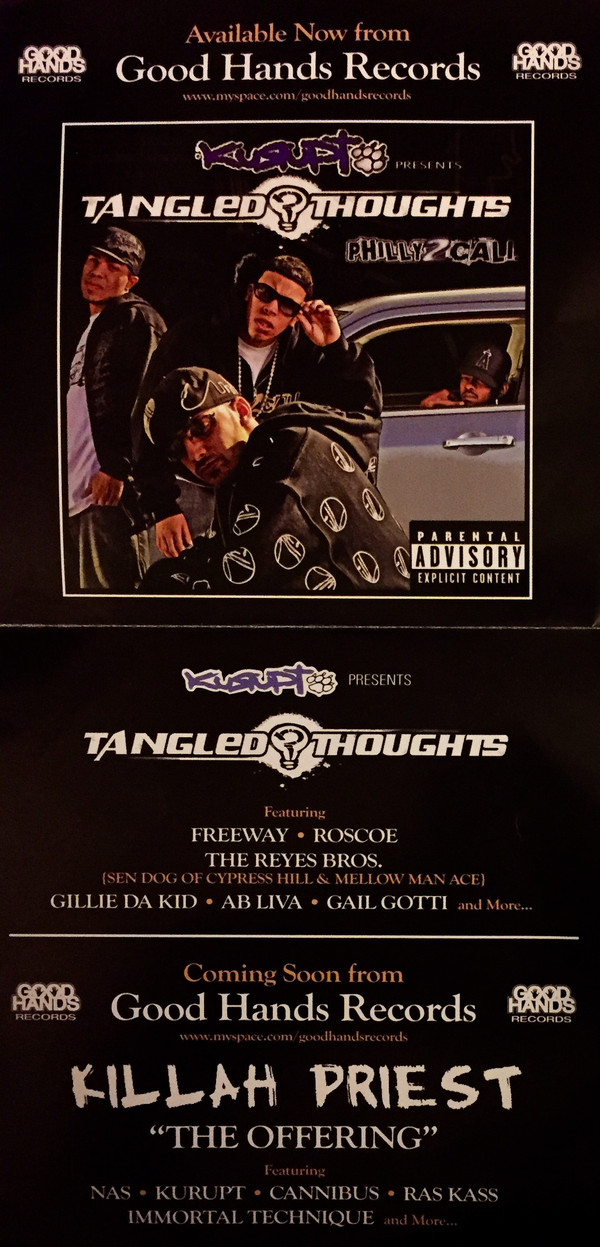

The majority of the album was produced by Ski, famous for his work with Jay-Z. The track peaked at #74 in the UK Singles Chart in August 1997. The duo released their debut album Uptown Saturday Night in January 1997. The effort was widely acclaimed, praised for its accessible content and smooth, funk- and jazz-inspired production. The song became a crossover hit in 1997, breaking into the Top 50 on the Billboard Hot 100, and reaching the top 5 on the Hot Rap Singles chart. Their first major exposure came with the release of their second single, the upbeat, horn-driven "Luchini", otherwise known as "This Is It". The smooth party song was a minor hit, peaking at #25 on the Billboard Hot Rap Singles chart. Initially signed with Profile Records, Camp Lo made their first appearance in 1996 on The Great White Hype soundtrack, with their single, "Coolie High".

The duo is perhaps best known for their 1997 hit "Luchini AKA This Is It". The duo consists of rappers Sonny Cheeba (Salahadeen Wilds) and Geechi Suede (Saladine Wallace). That's when the parking lot is scheduled to become a construction site for a new affordable housing project.Camp Lo is an American hip hop duo, formed in 1995, which hails from The Bronx, New York. Technically a pilot program, it's scheduled to wind down by the end of the year. "Is it better than being exposed to everything out there without access to food, water? Hygiene? Yes." "Is living in a parking lot ideal? No," she says. Miller, whose organization runs the new campground, understands that it's not a long-term solution. "You can camp, sleep, lie anywhere and everywhere that you so deem." "Right now in the city of Los Angeles, it's a free-for-all," says Buscaino. To do that legally, courts have said, city officials first must provide alternatives. He wants the city to outlaw camping on sidewalks and in parks altogether. LA City Councilmember Joe Buscaino, meanwhile, says enforcement is part of the point. "It can't be the type of offer that leads to criminalization and displacement and the shutting down of other public spaces," says Myers of Legal Aid. "When people are on our sidewalks, that is already costing us money in terms of public safety, police and fire emergency services, paramedic, sanitation, street services, hospitals, jails," he says.Īnother concern is that more government-approved campgrounds will mean more police enforcement for those who refuse or aren't able to enter the sites. "If you can paint lines on a sidewalk for the same cost that you can give someone the rent for an apartment," says Shayla Myers, an attorney with the Legal Aid Foundation of Los Angeles, "I'm concerned that our city is making the choice to paint the lines rather than actually get people into housing." While the per-tent cost covers services, meals, sanitation and staffing, some are concerned that the city is investing too much in short-term Band-Aids over long-term solutions. That's higher than what a typical one-bedroom apartment rents for in the city, according to the website RentCafe. Some advocates for people without housing, however, worry about the program's expense.Īccording to a report by the city administrative officer, the new East Hollywood campground costs approximately $2,663 per participant per month.

Somewhere I could think, get my thoughts together, know what my next step is. "That's really what I've been looking for. "That sense of security, it's hard to find," he says. "Hygiene, food, medical attention."įor camper Prince Page, the site provides a sense of peace that he couldn't find in a tent on the street. "The thing that we can do here is just deal with the basic needs," says Lena Miller, CEO of Urban Alchemy, the nonprofit hired to run the new campsite.


 0 kommentar(er)
0 kommentar(er)
